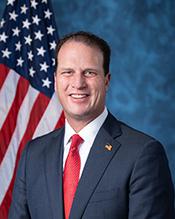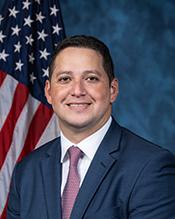0
Protecting American Energy Production Act
2/13/2025, 3:08 AM
Summary of Bill HR 26
Hydraulic fracturing is a controversial method of extracting natural gas and oil from underground rock formations by injecting high-pressure fluid into the ground. Proponents argue that fracking has led to increased energy production and economic growth, while opponents raise concerns about its environmental impact, including water contamination and earthquakes.
If passed, Bill 119 hr 26 would prohibit any federal agency or official from imposing a moratorium on the use of hydraulic fracturing. This means that the practice would continue to be allowed and regulated at the state level, without interference from the federal government. Supporters of the bill argue that fracking is essential for energy independence and job creation, and that a moratorium would harm the economy. Opponents, on the other hand, believe that the risks associated with fracking outweigh the benefits and that a moratorium is necessary to protect public health and the environment. As the debate over the use of hydraulic fracturing continues, Bill 119 hr 26 represents one side of the argument, seeking to ensure that the practice can continue unimpeded by federal regulations. It remains to be seen how the bill will progress through Congress and what its ultimate impact will be on the future of fracking in the United States.
Congressional Summary of HR 26
Protecting American Energy Production Act
This bill prohibits the President from declaring a moratorium on the use of hydraulic fracturing unless Congress authorizes the moratorium. The bill also expresses the sense of Congress that states should maintain primacy (authority) for the regulation of hydraulic fracturing for oil and natural gas production on state and private lands.
Hydraulic fracturing, or fracking, is a process to extract underground resources such as oil or gas from a geologic formation by injecting water, a propping agent (e.g., sand), and chemical additives into a well under enough pressure to fracture the formation.
Read the Full Bill
Current Status of Bill HR 26
Bipartisan Support of Bill HR 26
Total Number of Sponsors
13Democrat Sponsors
0Republican Sponsors
13Unaffiliated Sponsors
0Total Number of Cosponsors
37Democrat Cosponsors
0Republican Cosponsors
37Unaffiliated Cosponsors
0Policy Area and Potential Impact of Bill HR 26
Primary Policy Focus
EnergyAlternate Title(s) of Bill HR 26
Comments

Luciana Foster
11 months ago
I can't believe they're trying to stop it! This is ridiculous! It's gonna mess everything up! I need this to work! #HRBill26 #HydraulicFracturing #USApolitics Short term, this bill will have a positive impact on the economy and job market.





